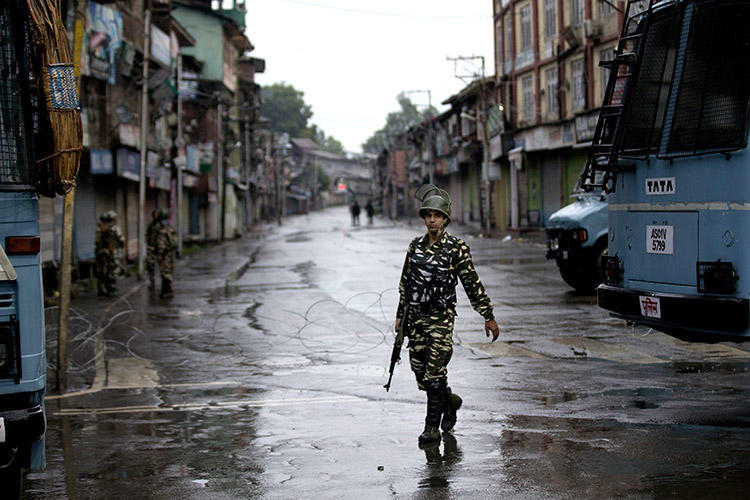On August 5, the Indian government of Indian Prime Minister Narendra Modi imposed a strict communication blackout in Jammu and Kashmir after stripping the state of its limited autonomous status under the Indian constitution. As restrictions continue, CPJ’s India correspondent, Kunal Majumder, traveled to Srinagar, Kashmir’s largest city, to speak to local journalists and find out how the blackout and other restrictions have affected the already-difficult working environment in Kashmir. During his trip, Majumder found that Kashmiri news media has been pushed to the brink of extinction.
In Egypt, authorities arrested at least three journalists since the beginning of protests in several cities throughout the country on September 19. Moreover, internet users throughout Egypt reported difficulty accessing Facebook Messenger as well as the websites of news outlets including the BBC, Al-Jazeera, and Al-Hurra.
Global press freedom updates
- Haitian senator opens fire, injuring AP photographer Chery Dieu-Nalio
- Bolivia’s forest fires expose risks for environmental reporters
- Unidentified men assaulted a journalist from pro-democracy Apple Daily newspaper in Hong Kong
- Brazilian outlet AzMina faces criminal complaints and online harassment over article on abortion
- Journalists fined and one jailed over criminal defamation complaint in Chad
- Police attack Indonesian journalists covering protest in South Sulawesi
- A Croatian journalist was detained and fined for a satirical tweet
- CPJ joins 12 other press freedom and freedom of expression organizations in calling on U.N. Human Rights Council member states to urge Turkey to end its repressive policies against independent reporting and free speech
- CPJ calls on Thai prime minister to end government-imposed censorship and restore press freedom
- CPJ issues a letter of support for fallen journalists memorial in Washington, D.C.
Spotlight
